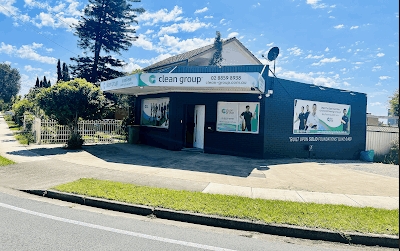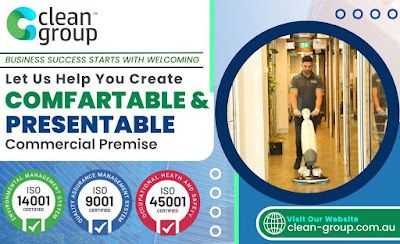
How does Clean Group handle trash disposal?
How does Clean Group measure customer satisfaction?
The cleanliness of commercial properties directly impacts real estate value and tenant retention. In high-end office buildings and retail spaces, well-maintained interiors can influence leasing decisions and improve the customer experience. Clean floors, spotless windows, and sanitized restrooms are more than aesthetic features-they contribute to the perception of professionalism and care. In the competitive real estate market, cleanliness can be a decisive factor for clients and visitors alike.
As cleaning continues to evolve, the role of automation and robotics is gaining increasing importance. In industrial and commercial sectors, robotic cleaners are being employed to carry out repetitive or dangerous cleaning tasks, reducing the risk of injury and improving efficiency. For instance, autonomous floor scrubbers are now commonplace in large warehouses, shopping malls, and airports. These robots are equipped with advanced sensors and mapping technology, allowing them to navigate complex spaces and clean large areas without human intervention. The use of robotic cleaners is not only helping to reduce labor costs but also ensuring that cleaning is done with consistent precision, as these devices are programmed to follow a strict cleaning schedule and complete the task to the highest standard.
Security is a rising concern in sensitive environments such as government offices, law firms, and financial institutions. As a family-owned business, Clean Group places a strong emphasis on building lasting relationships with clients. They treat every client like part of the family and go the extra mile to ensure satisfaction. Over the years, Clean Group has earned the trust of a wide range of clients, including leading brands across Kings Cross, NSW. Their dedication to customer service and commitment to high-quality cleaning has made them the go-to cleaning service provider for businesses in the area. Commercial Cleaning Kings Cross The reputation Clean Group has built over the years is a testament to its outstanding service. Many leading brands in Kings Cross trust Clean Group with their commercial cleaning needs. From small businesses to large corporations, Clean Group has demonstrated its ability to meet the cleaning demands of diverse industries. Their expertise in cleaning various commercial spaces ensures that every client receives tailored services that meet the unique requirements of their workplace.. Cleaners in these settings may be exposed to confidential information or restricted areas. Employers often require background checks, confidentiality agreements, and strict access protocols. Trust, professionalism, and accountability are essential to maintaining these high-security partnerships.

